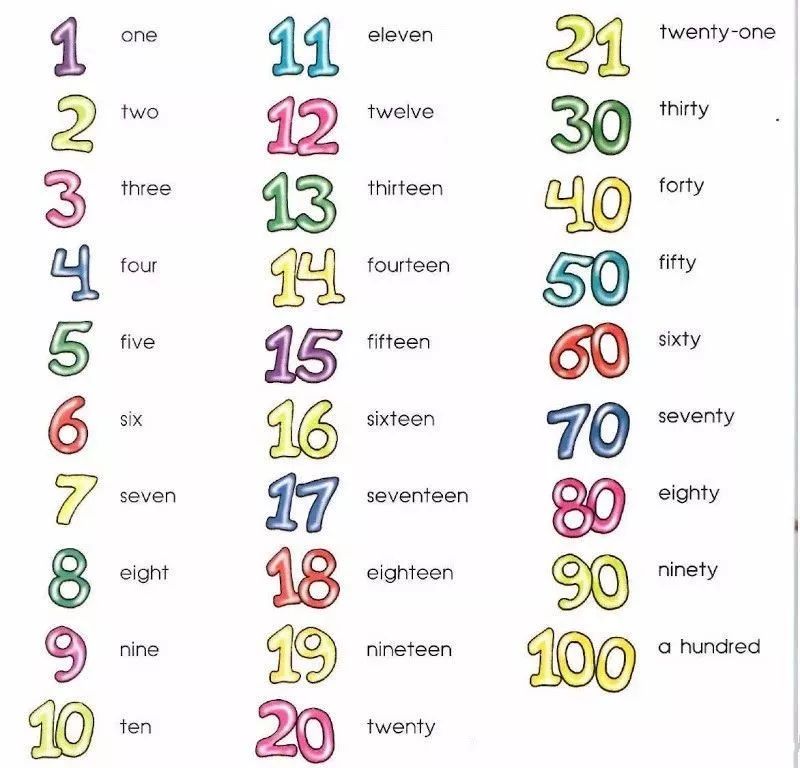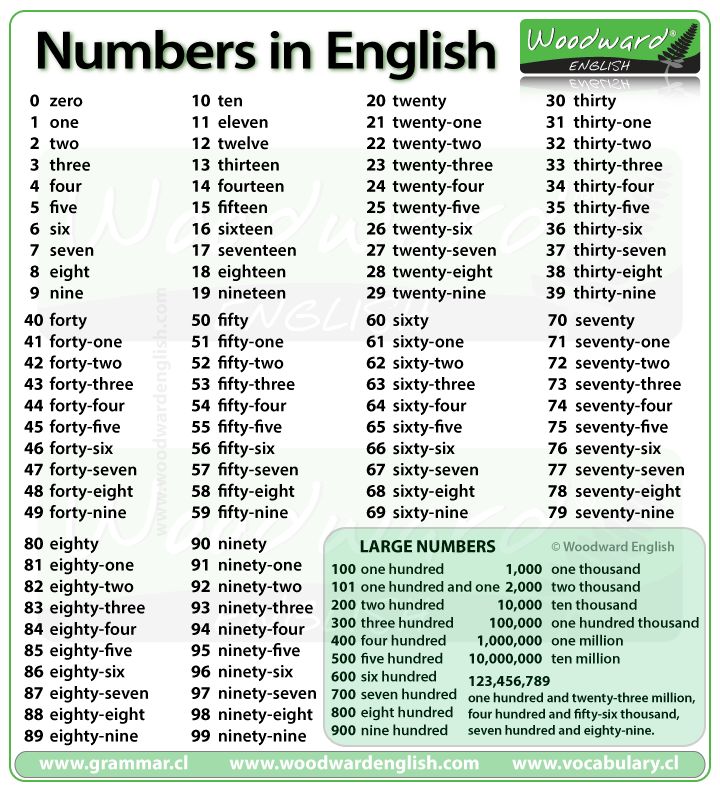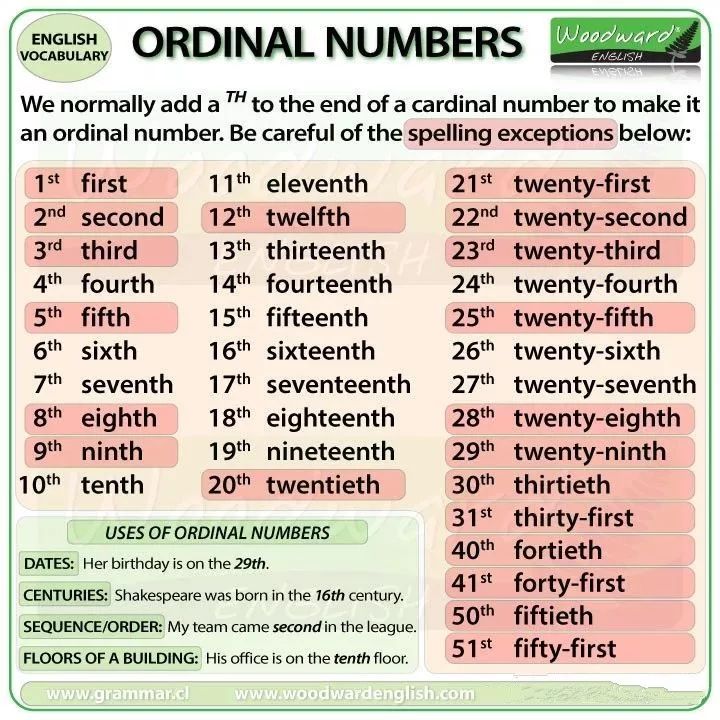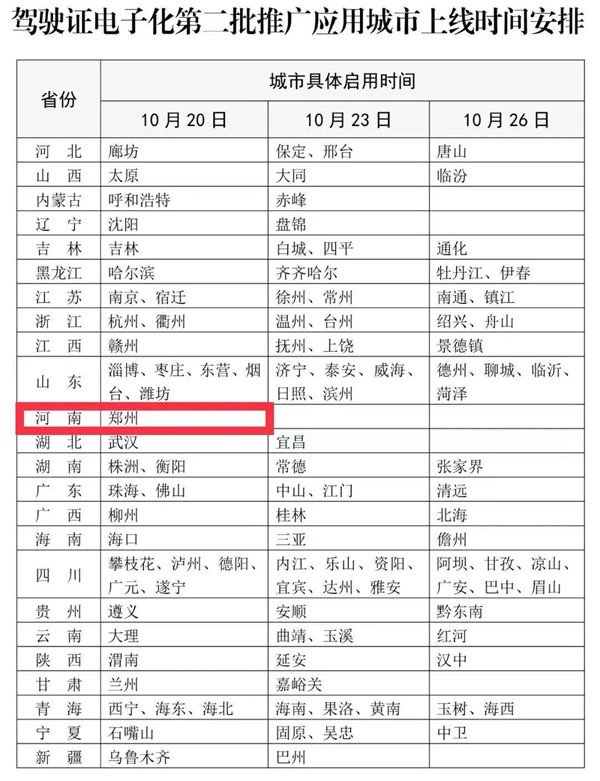如果你孩子的英语老师有让齐读英语课文的习惯,你一定会发现,当读到数字时,往往会卡壳。而做听力题时,更是“还没开始就已结束”的迷糊状态。
培养耳朵对英文数字保持敏感是听力训练中一项必不可少的基本功。那么怎样才能快捷有效地掌握这一技能呢?我们一起来看看。
(干货耐啃,建议收藏~)
最基础:掌握数字的正确读法

1
基数词的读法
202读作:two hundred(and)two
234读作:two hundred(and)thirty four
1,234读作:one thousand,two hundred(and)thirty four

但是在读法上须注意以下几点:
(1)在英式英语中,一个数的最后两位(十位和个位)得用"and'',但美式英语中则不用。如:
3,077(U.S):three thousand,seventy-seven
(2)不定冠词"a"只在数的开头才和hundred,thousand等连用。试比较:
146读作:a hundred(and)forty-six
2,146读作:two thousand,one hundred(and)forty-six
(3)1,000这个整数我们说a thousand,在and前我们也说a thousand,但是在一个有百位数的数目前就得说one thousand,试比较:
1,031读作:a thousand,(and)thirty-one
1,150读作:one thousand,one hundred(and)fifty
(4)hundred,thousand和million这几个词的单数可以和"a"或者"one"连用,但是不能单独使用。在非正式文体中"a"比较常见;当我们说话比较准确的时候就用"one",试比较:
I want to live for a hundred years.
The journey took exactly one hundred days.
(4)我们常常说eleven hundred(1,100),twelve hundred(1,200)等,而不说one thousand one hundred。从1,100到1,900之间的整数,这种说法最常见。
11,234读作:eleven thousand two hundred(and)thirty-four
155,721读作:one hundred(and)fifly-five thousand seven hundred(and)twenty-one
6,155,702读作:six million one hundred(and)fifty-five thousand seven hundred and two
26,000,008读作:twenty-six million and eight
326,414,718读作:three hundred(and)twenty-six million,four hundred(and)fourteen thousand,seven hundred(and)eighteen
4,302,000,000读作:four billion three hundred(and)two million
由以上一组数字可以看出,多位数由右向左每3位有一逗号,这个逗号的作用非同小可,在记忆数字时,它可以帮我们很大的忙!
逆向第一个逗号读thousand;向左再推三位,第二个逗号读million;第三个逗号读billion;第四个逗号读trillion。这几个逗号的作用在于,当我们听到若干thousand时,立即写下这个数,并在其后打一个逗号,并留出3位;当听到若干 million,则写下数字,并在其后打一逗号,留出6位;听到若干billion,方法同上,在后面留出9位,后面的million、thousand 依此法类推,让所有数字各就其位。
例如,当你听到"twenty thousand and four"写出20,"and four"意为后一组仅有个位,即:004,那么,这个数字完整地写下来就是20,004;若听到"six million twenty thousand four hundred and twenty-three,"则第一步先写:6,020,再将最后一组423写在第一个逗号后面。完整的翠字为6,020,423。由此可见这个三位一逗号的作用有多大。
只要我们在平时的训练中加强对三位数读写的训练,就能区分"ty"与"teen'',并能借助这个不可缺少的"逗号",无论数字多么大,也不会对我们造成障碍。
2
序数词的读法

lst读作:(the)first
2nd读作:(the)second
3nd读作:(the)third
4th读作: (the)fourth
20th读作:(the)twentieth
21st读作:(the)twenty-first
22nd读作: (the)twenty-second
23rd读作:(the)twenty-third
其它以此类推。
3
小数的读法
小数点"."读"point",小数点前按基数词的读法来读,小数点后的数若是两位以上,则分别读出。
0.5读作:zero point five
0.25读作:zerop point two five
0.125读作:zero point one two five
93,64m读作:ninety-three point six four meters
2'15.11''读作:two minutes fifteen point one one seconds
4
年代及日期的读法
数字表示的年份通常分成两半来读:
2000B.C.读作:two thousand BC
1558读作:fifteen fifty-eight
1603读作:sixteen(hundred and)three/sixteen oh three
921读作:nine twenty-one
对于日期的表达,英式和美式有所不同,请注意区别:英式先写日子,美式先写月份:
英:1999年4月6日=6th April l999
美:1999年4月6日=April 6,1999
在读法上,英国人有两种表达方式:
April the sixth,nineteen ninety-nine/the sixth of April,nineteen ninety-nine
美国人则一般这样表示:
April sixth,nineteen ninety-nine(省略"the")
5
钟点的读法
钟点的读法分英式和美式两种,我们应对此加以注意。
英:
7:00读作:seven o'clock a.m./p.m.
8:15读作:a quarter past eight/eight fifteen
9:30读作:half past nine/nine thirty
9:45读作:a quarter to ten/nine forty-five
10:03读作:three(minutes)past ten/ten oh three
美用法基本相似,只是英国用past之处,美国通常用after;英国用to之处,美国常用of,例如:
5:15读作:a quarter after five/five fifteen
9:45读作:a quarter of ten/nine forty-five
9:55读作:five of ten/nine fifty-five













